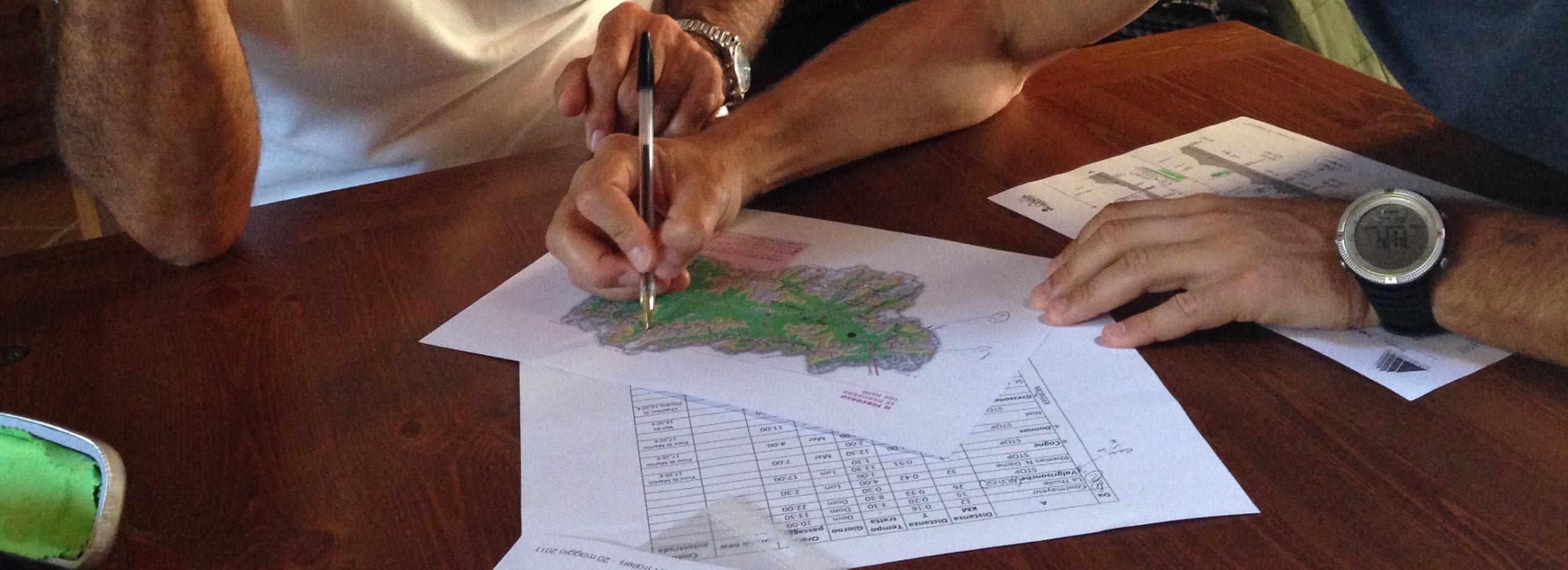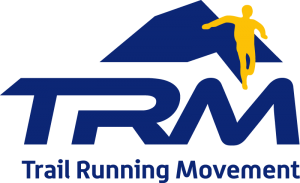Before a Trail competition

General tips before tackling a Trail Running competition
When finalizing the preparation for a Trail competition, every personal activity should be gradually adapted to the goal.
Last months before the race
The last period of finishing, within the competitive period, takes about 8/10 weeks.
To not waste all the previouse work, it is critical to pay attention to the following details:
Training: The pre-competition program must take into account the mileage and elevation gain, simulating during the long workout the race characteristics. If tackling a Long Trail, the longest workout should be placed four weeks prior to the competition, and should cover the 70% of the race distance.
For the Ultra Trails, with the exception of the Tor des Geants that requires specific training, it is advisable to do the longest training in 2-3 consecutive days (a so-called shock weekend) on mountain trails, after which it is recommended to take 2 days of recovery.
Equipment: part of the preparation is the choice, the purchase and testing of the equipment that will be used during the competition. The mandatory equipment must be stored inside the backpack, testing his accessibility during long workouts.
Nutrition: 50% of the withdrawal from competition is related to gastrointestinal problems or dehydration. It is a key factor to food and beverages composition on several occasions, to find the right combination for themselves. It is not advisable to try new foods or drinks during the competition, as well as to participate in an Ultra Trail without a structured nutrition protocol.
Tapering: the more mileage has the competition, before is necessary start the tapering phase, in order to get to the D-day in the best possible physical shape.
For Trail over 50 km the TRM Team recommends to moderate the training intensity stating from 3 weeks before the competition:
- Avoid/reduce specific training (long, interval training, long uphill, etc.) keeping some recall;
- Introduce lipidics, short and dynamics workouts to allow your body to metabolize the high workload and at the same time to keep the training level achieved.
Day before the competition
Avoid any unnecessary efforts, including housework, long shopping, picnic or excursions: just relax.
It is even useless to train, but if you have driven a long distance or you had a flight, the TRM Team recommends: 20-25 of min of slow running, 3-4 sprints in progression and a nice cold shower.
After numerous experiments, the TRM Team concluded that the week of carbohydrates loading/unloading is unnecessary, best to nourish well, modulating the nutrition to the workload decreasing, and taking care of the quality of the food. Follow a balanced diet (55-65% carbohydrates, proteins, fruits and vegetables) up to 2 days from the competition, and the day before the race have only carbohydrates at meals, taking a dessert (eg. tart fruit or ice cream) on the last evening. Avoid all vegetables and fruit for the fiber content and also any alcohol for vasodilatation effects.
During the day and later in the evening check:
- The weather
- Clothing and equipment
- Backpack and water bottles and the mandatory material required
- Proper accommodation of chip and bib.
Race day (D-Day)
Trail competitions may start at any hour, to avoid digestive problems and glycemic peaks, rkeep three hours between meals and the start, prefer light lunch and dinner based on carbohydrates, and avoid fruit juices and milk for breakfast. If your competition take place early in the morning, and want to avoid to wake up early for breakfast, we suggest you to use sport supplements instead of the normal breakfast. By way of example, we point out Enervit’s orange jelly and Overstim’s sport cake, both low in GI and edibles up to 1 hour before the race.
Head to the start line 1 hour earlier, for short trail warm-up with a slow run for 15 minutes followed by gentle stretching, or for long trails and ultra it is enough some stretching exercises to the lower limbs.
The TRM Team does a 10 minutes of meditation, during which goes mentally over the race strategy, and the path, recalling positive images of the race’s sections already treaded during trainins, or other competitions positively concluded.
Put aside performances anxieties or concerns, and try to make mental room for positive feelings of the atmosphere that surrounds you. If you it is the first trail, mainly be focused on how much fun you will have.





